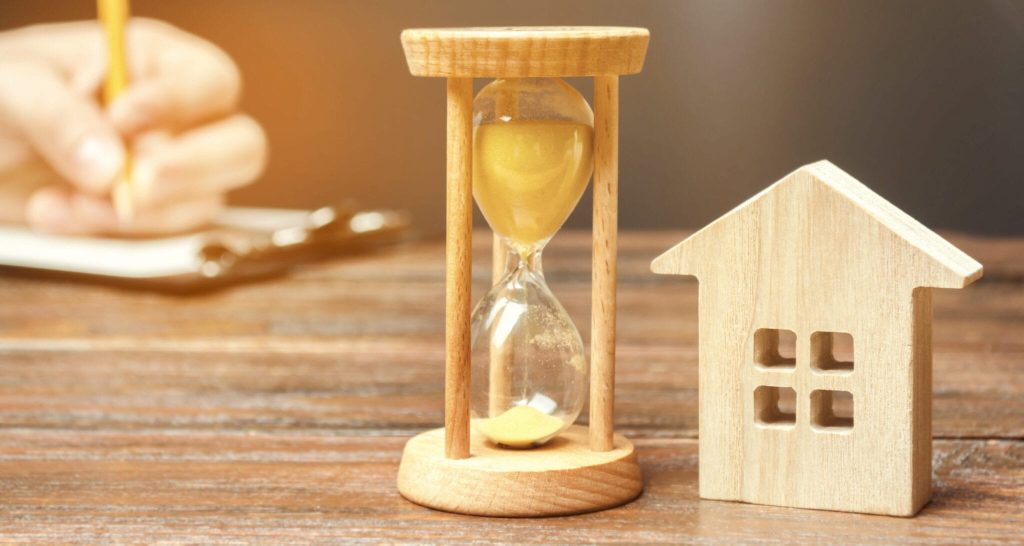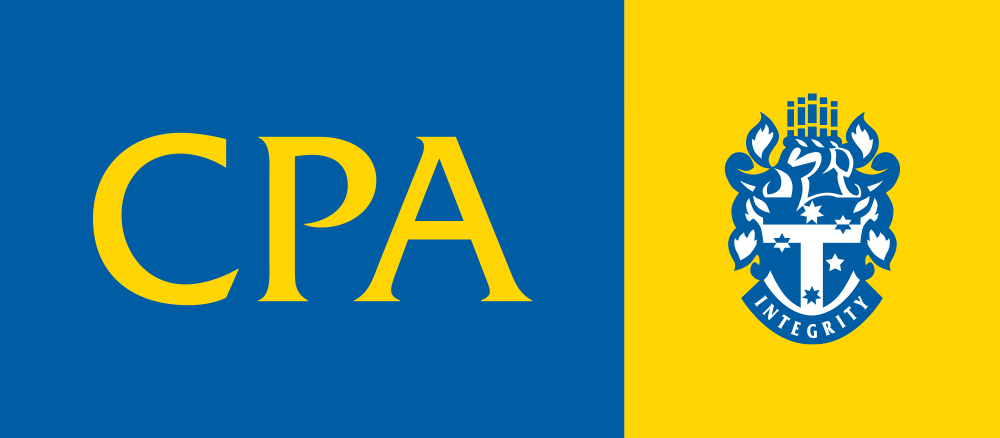A will is a legal document stating how your assets (e.g. money and property) will be distributed should the unforeseen happen.
Recent research by comparethemarket.com.au has revealed that those buying their first home were pushed to organise a will at that time, however nearly 50% of Australians don’t have a will at all.
If you don’t have a will you are leaving your assets open to contestation by family members seeking a share of your estate. Your home is going to be one of the biggest assets you acquire in your lifetime, closely followed by your superannuation – so why wouldn’t you want to protect it? Having a will provides peace of mind not only for yourself but your intended beneficiaries as well.
When is the best time to make a will?
Generally, a person must be 18 years of age to create a will (there are limited exceptions but overall, the rule is 18 years or over).
While it’s an individual decision on what the appropriate life stage is to create a will, the reality is that at some point in your life you’re going to need one. So there’s no time like the present to put one in place.
Commissioned by Comparethemarket.com.au, the research found nearly a third (30%) arranged their will around the time of stepping into home ownership, with 15% doing so right when they purchased their first property, and another 15% taking action within five years of their first purchase; altogether, the data suggested that buying one’s first home and securing a mortgage is a significant enough milestone to prompt reflection and further planning for the future — understandable as the average Australian mortgage currently sits at $384,700.
Comparethemarket.com.au’s spokesperson Abigal Koch said “the data shows that a property purchase or extension of their family are the major reasons mortgage holders have organised this important legal document”.
"If you don’t have a will you are leaving your assets open to contestation by family members seeking a share of your estate. Having a will provides peace of mind not only for yourself but your intended beneficiaries as well."
How Can A Will Benefit Me?
A will is a great way to protect your wishes and if done professionally doesn’t leave it open to interpretation.
Your will can provide instructions for the division and disposal of your assets, as well as any lifestyle requests you might have such as nominating guardians for children and any funeral or burial wishes.
what's the difference between a will and an estate plan?
Last Will & Testament
Your will can stipulate who should take care of your children after your death, who should take over your business if you have one, who receives your assets, and other property-related wishes. To ensure that all of the instructions left in your will are followed, the appointment of an executor will also need to be done. Creating a will helps your family avoid disputes over your property and makes legal decisions after your death easier. It can also help save them money, because if no will is left, your family will have to pay attorneys and rely on a public trustee to execute your will properly .
Estate Planning
Estate planning is a more intensive process that uses various types of documents to secure your assets after your death. In most cases, a last will and testament is one of these documents.
Estate plans provide your family with a more comprehensive understanding of what you would like done in the wake of your death. This involves formalising how you want to be looked after both medically and financially, when something happens to you, or when you’re unable to make decisions for yourself. And, how you want your assets to be protected while you’re alive and distributed after you die.
This can be particularly beneficial if you have had more than one marriage, own a business, want to donate a portion of your assets to charity, or have specific requests regarding various aspects of your health and property. An estate plan can also be beneficial if you are concerned that your requests might be ignored or that your assets will not be given to the correct people. If your children are not old enough or mature enough to inherit your assets upon your passing, an estate plan can establish a trust that will give them access to those assets when they are ready.
Source: brokernews.com.au






